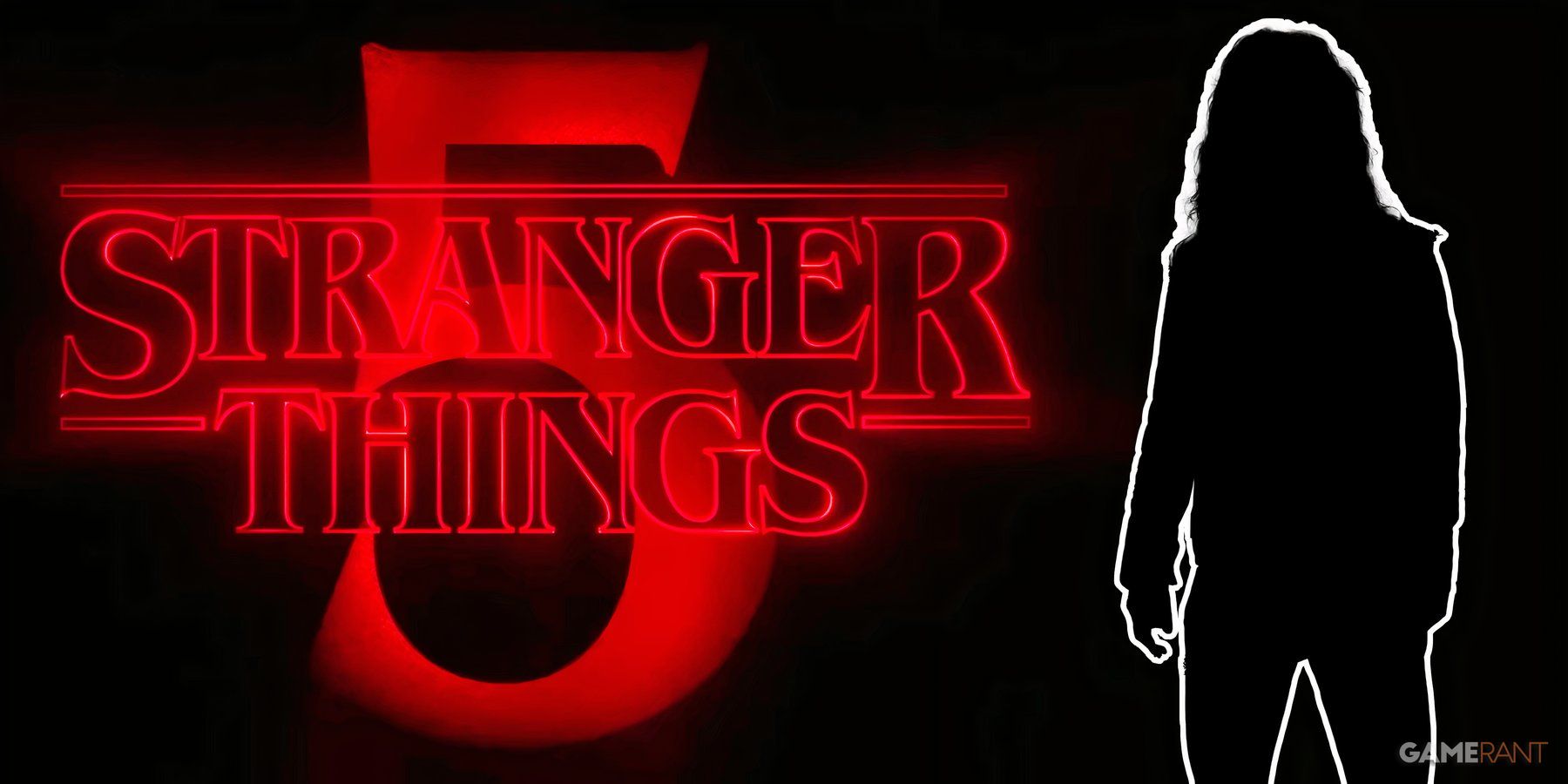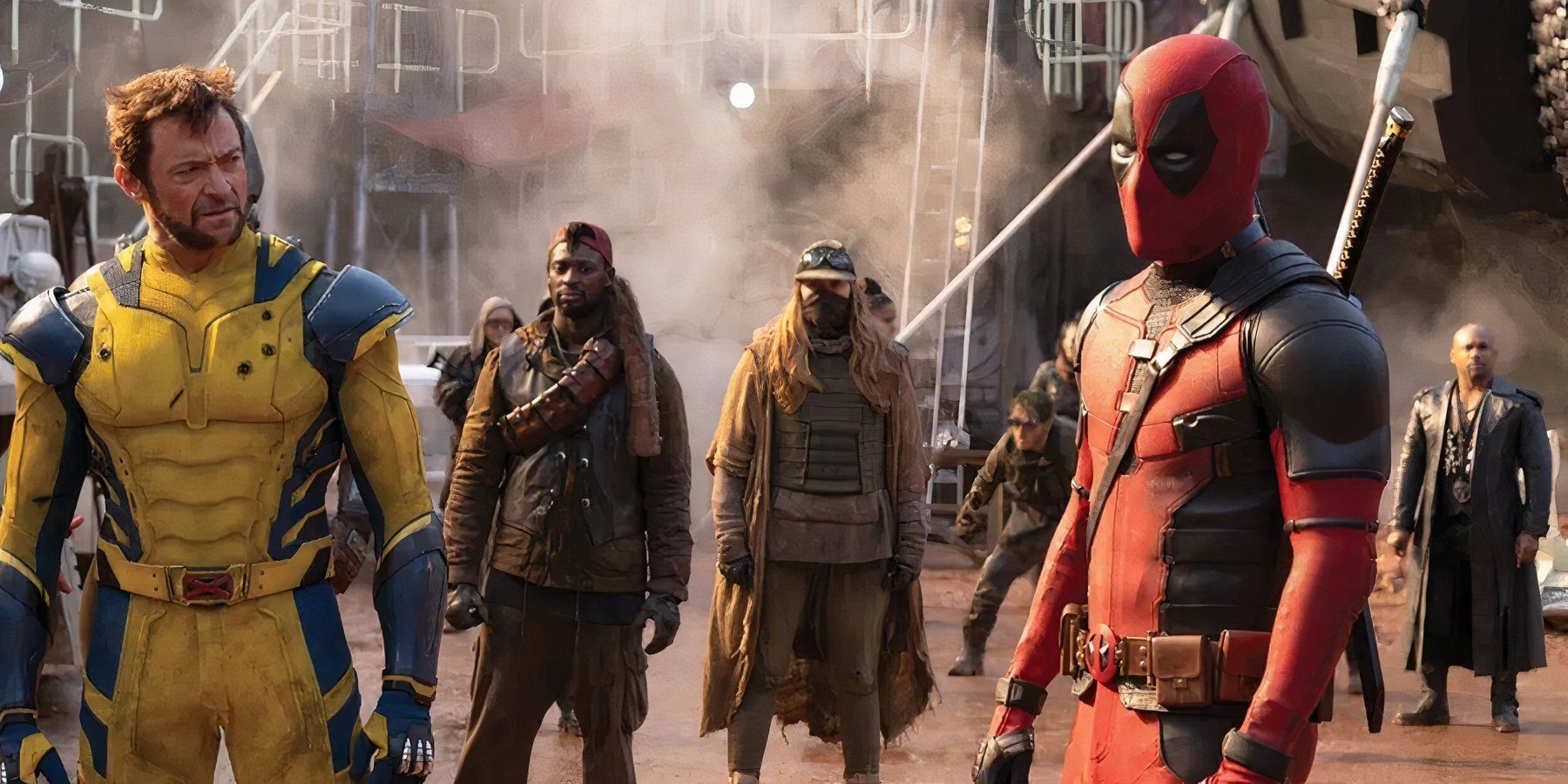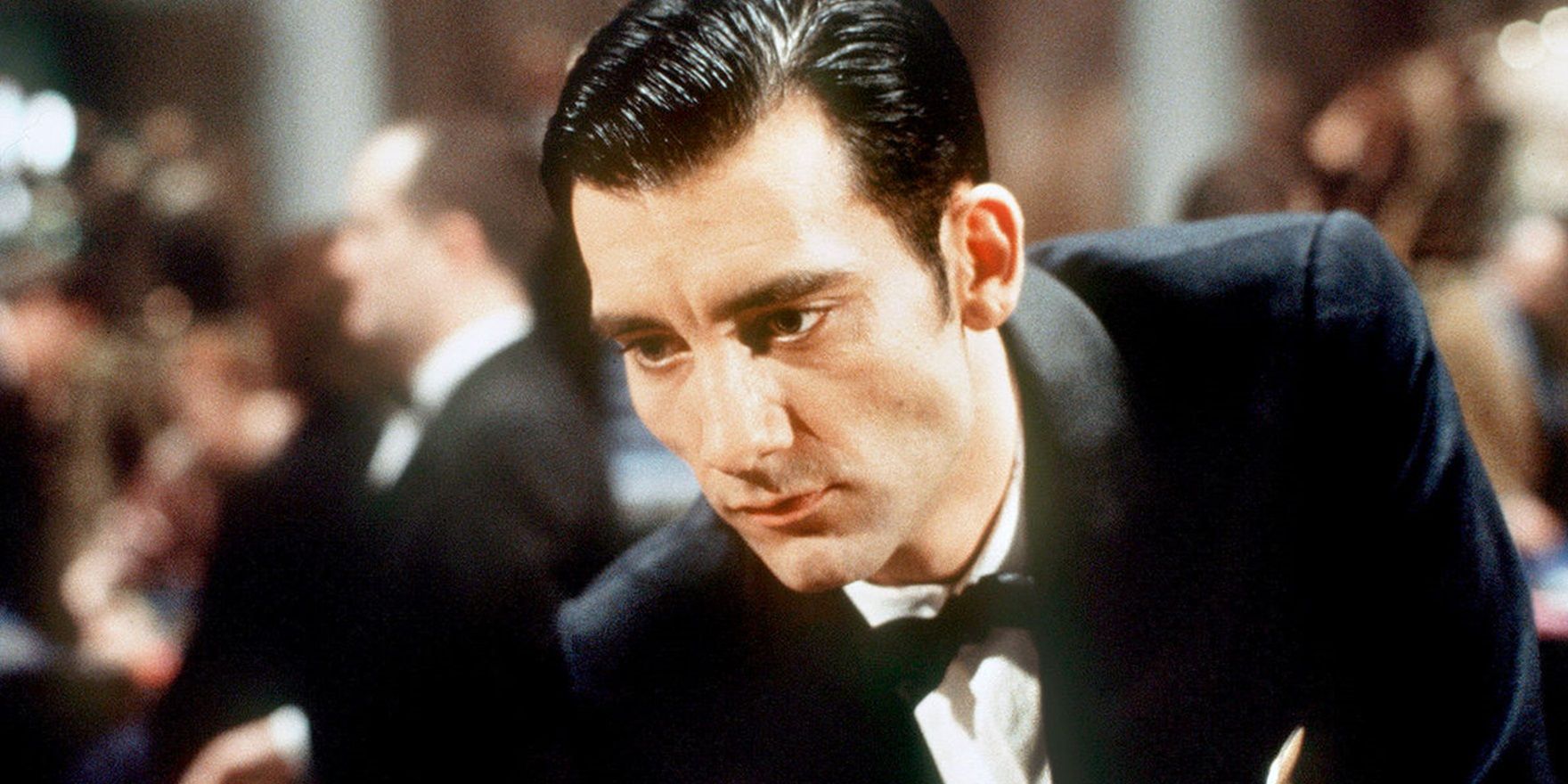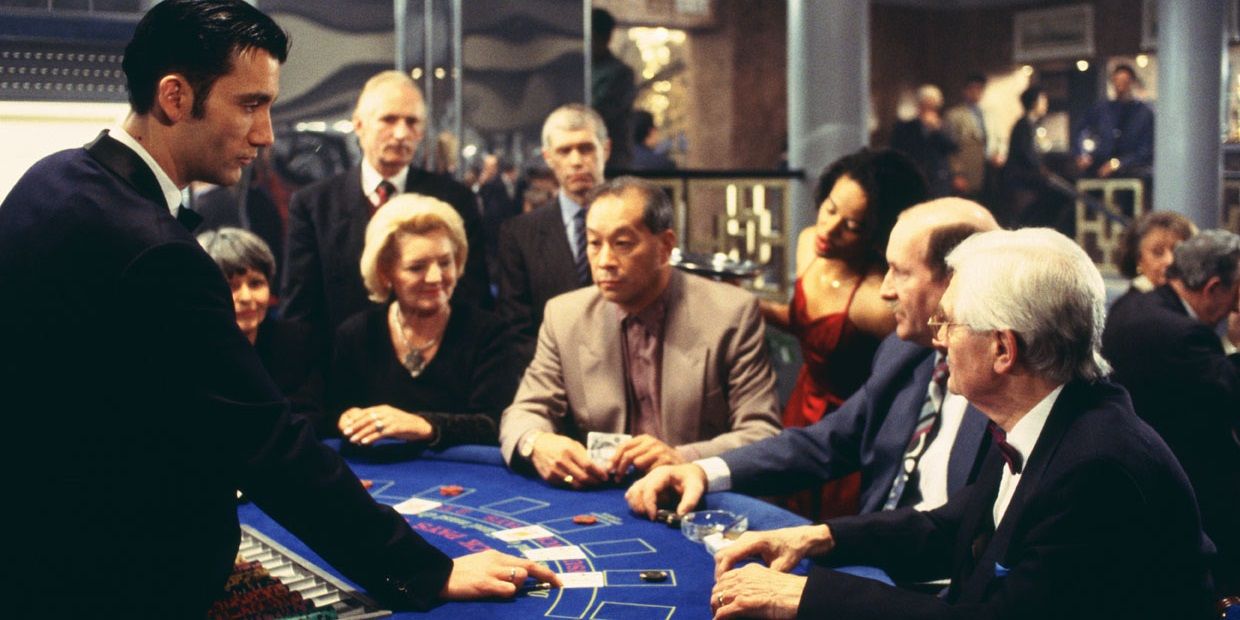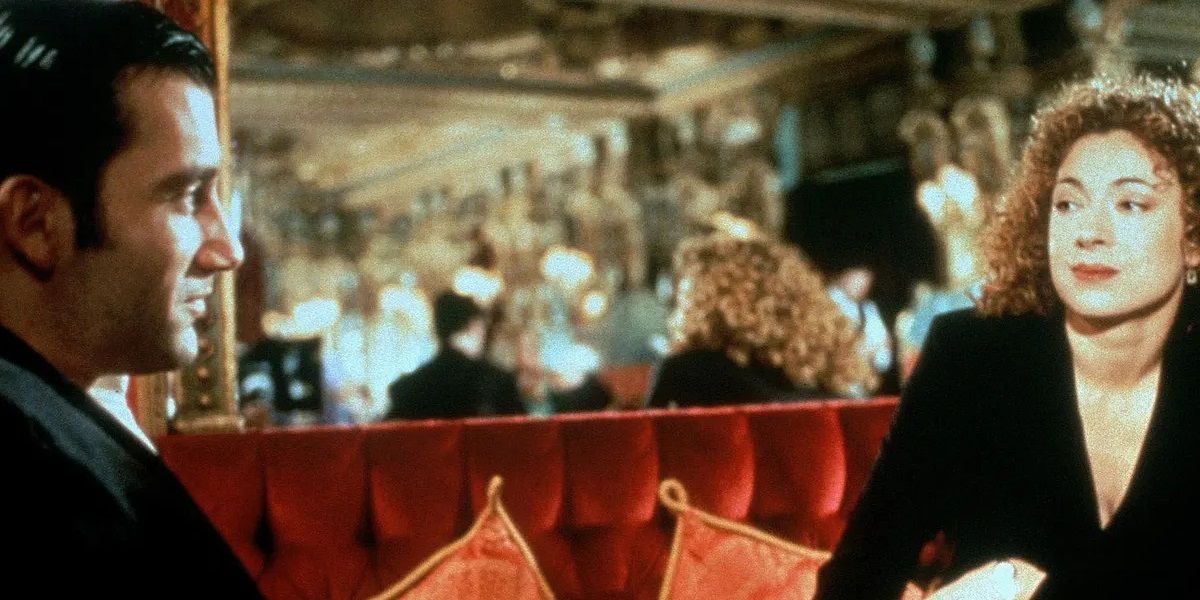Christopher Nolan has become renowned for helming mega-sized action-packed blockbusters that warp viewers’ conception of time and space, like Inception, Interstellar, and Tenet. But the iconic filmmaker got his start in the late 1990s and early 2000s with much smaller-scale stories flipping the hallmarks of the film noir on their head. Nolan’s early nuanced neo-noirs have the perfect bedfellow in Mike Hodges’ own late-‘90s gem, Croupier. Croupier has the slick, suave, subversive style that put Nolan on the map.
Before getting his hands on the Batman franchise and expanding his scope, Nolan directed Following, his micro-budget debut about the consequences of a writer stalking strangers for inspiration; Memento, a masterfully crafted nonlinear psychological thriller about an amnesiac man’s search for his wife’s killer; and Insomnia, a cat-and-mouse chiller about a serial killer’s reign of terror in the town of Nightmute, Alaska. Like Following, Memento, and Insomnia, Croupier is a moody neo-noir with a brooding antihero, intimate stakes, and smart subversions of genre tropes.
Hodges initially burst onto the scene in 1971 with his acclaimed debut feature Get Carter, which is still hailed as one of the greatest British crime films ever made. In the decades that followed, Hodges directed movies ranging from fellow grounded thrillers like Pulp and Black Rainbow to wilder sci-fi fare like Flash Gordon and The Terminal Man. The penultimate work of Hodges’ storied and varied directorial career – 1998’s casino-based character study Croupier – marked a return to his introspective roots with another crime story that deeply examines its lead character’s dark descent.
Clive Owen stars as Jack Manfred, an aspiring author who begrudgingly takes a job as a dealer at a local casino – arranged by his father, a small-time crook in South Africa – to earn some cash while he tries to get his writing career off the ground. Although he’s forbidden from fraternizing with the gamers, Jack quickly becomes embroiled in their lives and leaves behind a trail of broken hearts and bloodied faces. He reluctantly agrees to participate in a planned heist at the casino to help a troubled gambler pay back her creditors.
Like “The Young Man” in Following, Leonard Shelby in Memento, and Detective Will Dormer in Insomnia, Jack exists in a moral gray area between hero and villain. He’s far from the kind of mythic archetypal protagonist that Joseph Campbell wrote about: he beats up crooked gamblers outside the casino, he can’t engage in any conversation with his girlfriend that doesn’t escalate into a screaming match (and that’s when he’s not cheating on her), and he plots to steal from his employers against his better judgment. Jack isn’t a very good person, but he’s compelling in spite of his flaws because Owen, as usual, gives a gripping performance.
Film noir is one of Nolan’s biggest influences – it’s even evident in his later blockbusters like The Dark Knight and Inception – and Croupier exhibits all the familiar features of a film noir. In the classical manner of Double Indemnity and Sunset Boulevard, there’s voiceover narration throughout the whole runtime of Croupier. As is the standard in the noir genre, this voiceover isn’t just an easy exposition trick; it gives audiences a deeper insight into Jack’s psyche with his telling internal monologue. Jani, the fraudster who talks Jack into going along with the heist, is a classic femme fatale. And the heist itself goes awry in the tense climactic sequence, another signifier of the film noir. But Croupier isn’t just another stylized cinematic thriller full of tropes and archetypes; the characters and their stories have a true sense of realism. The casino floor depicted in Croupier doesn’t have the glitz and glamor of Ocean’s Eleven or Casino Royale; it’s believable and immersive enough that the footage could be from a documentary about the gaming industry. Croupier is a hard-boiled Dashiell Hammett-style crime story filmed and acted with the naturalism of Robert Bresson.
When it was first released, Croupier was widely praised by American critics. It’s been credited with launching Owen’s career as a Hollywood movie star and it received a lot of awards buzz at the time. But, according to the Los Angeles Times, it was disqualified from Oscar contention in 2000. Academy Award nominees can’t have been exhibited or broadcast outside the United States before January 1 of the previous year and Croupier had played in theaters in Singapore for two weeks in July 1998. The movie was so beloved – and so deserving of the gold – that it was initially given a one-time waiver by the Academy that would allow it to be nominated, but the disqualification was reinstated after the board learned that Croupier had also aired on Dutch television in November 1998. If not for those pesky rules, Croupier might have gotten a Best Picture nod, a Best Director nod for Hodges, and a Best Actor nod for Owen, and it might be a more widely recognized film today.
Fans of Nolan’s early-career thrillers should check out Hodges’ late-career thriller. Croupier is a tense heist movie and a contemplative character study rolled into one. With the neo-noir stylings of Following, the twisty plotting of Memento, the minimalistic yet striking visuals of Insomnia, and the kind of ice-cool charismatic antihero seen in all three, Croupier is a must-see for Nolan fanatics.

